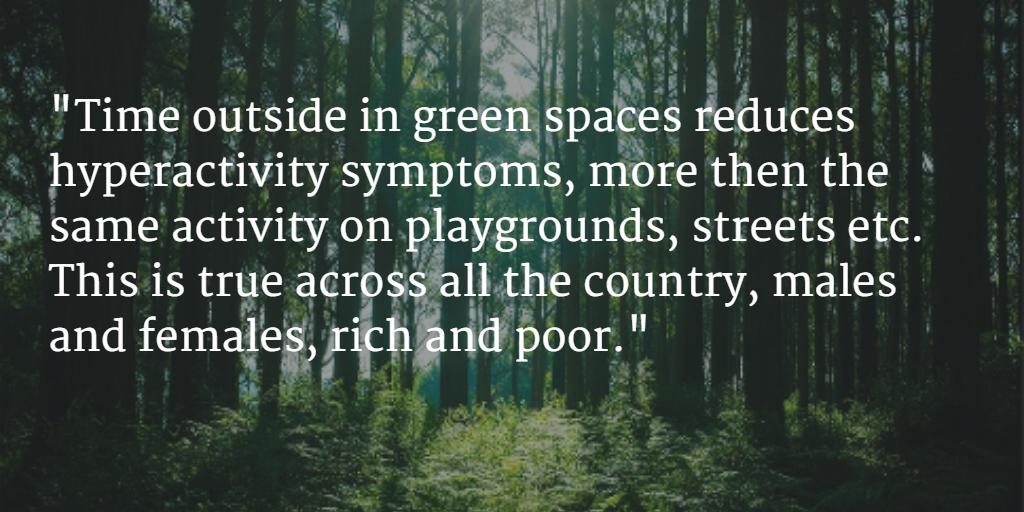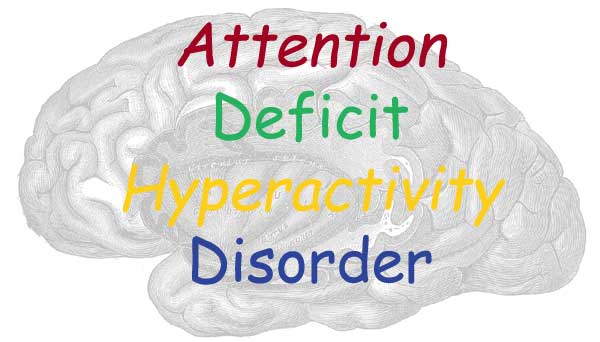Being In Nature Improves Mood-Behavior
Besides all the benefits of Vitamin D on multiple aspects of your health, being outside just feels good - and there are many reasons. Here are some articles showing how time outside in nature has multiple effects that have you feeling happier and calmer.
Playing in the Dirt Improves Serotonin and Mood

After a wonderful weekend in the garden, this article came to mind. It shows that exposure to Mycobacterium vaccae, a common soil organism, has multiple effects on the immune system, including increasing serotonin levels in an important area of the brain linked to mood.
"Researchers from Bristol University and University College London discovered using laboratory mice, that a "friendly" bacteria commonly found in soil activated brain cells to produce the brain chemical serotonin and altered the mice's behaviour in a similar way to antidepressants."
A link to a summary article is here. A link to the research article is here.
Green Outdoor Time Reduces ADHD Symptoms

Continuing on my theme of enjoying the advent of Spring after a long winter - Time outside in green spaces reduces hyperactivity symptoms, more then the same activity on playgrounds, streets etc. This is true across all the country, males and females, rich and poor.
"Results. In this national, nonprobability sample, green outdoor activities reduced symptoms significantly more than did activities conducted in other settings, even when activities were matched across settings. Findings were consistent across age, gender, and income groups; community types; geographic regions; and diagnoses."
A link to a summary article is here. A link to one of the research articles (the one quotes above) is here.
Vitamin D and Depression in Young Women

Low vitamin D levels are linked to depression - another reason to test and replenish your vitamin D. If your doctor isn't testing it, you can get an inexpensive test kit from the Vitamin D Council.
"OSU researchers found that young women with lower levels of vitamin D were more likely to have clinically significant depressive symptoms over the course of a five-week study, lead author David Kerr said. The results were consistent even when researchers took into account other possible explanations, such as time of year, exercise and time spent outside."
A link to a summary article is here. A link to the research article is here.
Last Child In The Woods

A great book on the subject is Last Child in the Woods.
"Last Child in the Woods is the first book to bring together a new and growing body of research indicating that direct exposure to nature is essential for healthy childhood development and for the physical and emotional health of children and adults. More than just raising an alarm, Louv offers practical solutions and simple ways to heal the broken bond—and many are right in our own backyard.













